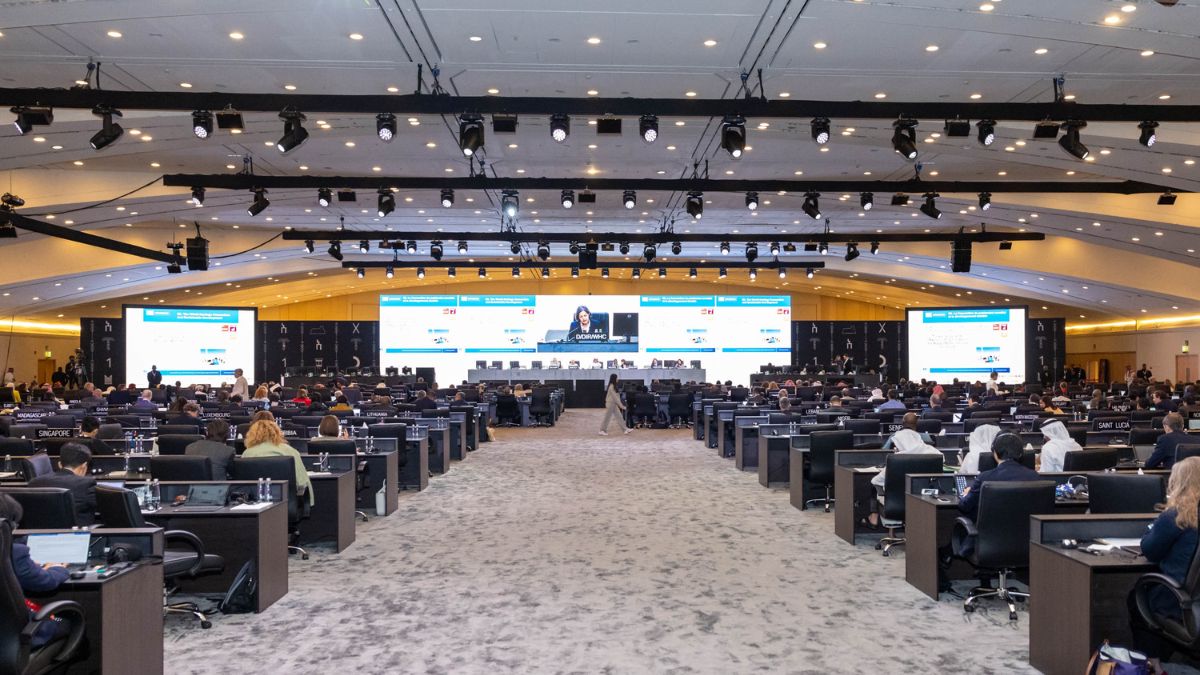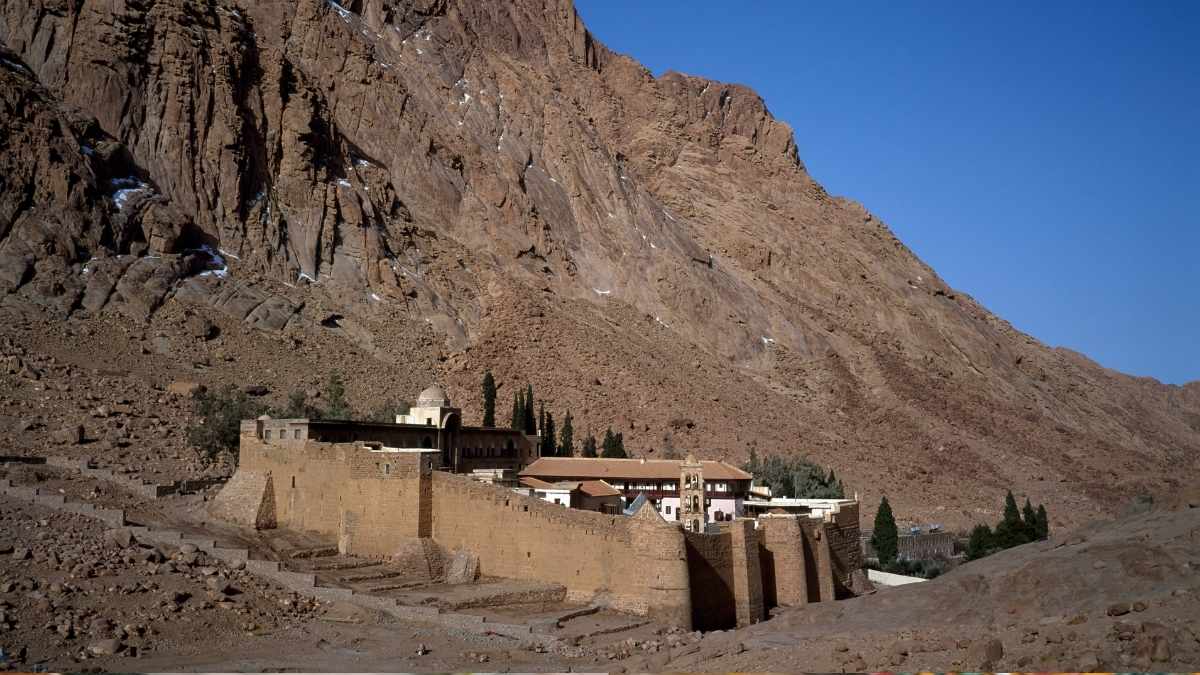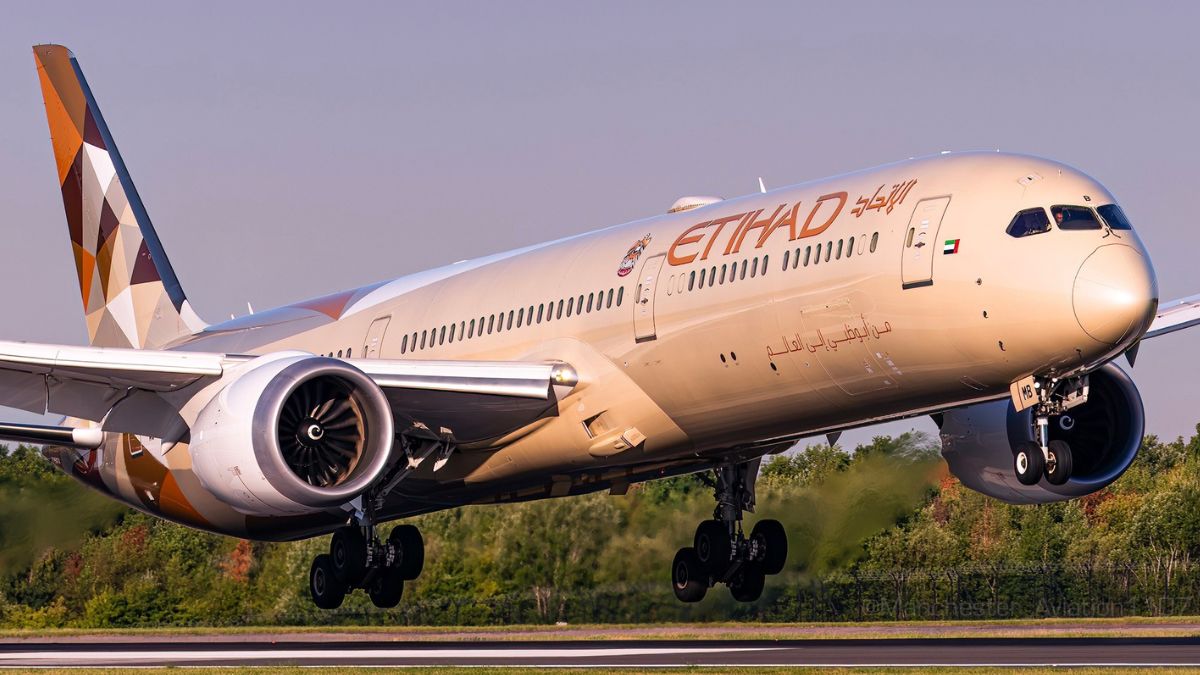Saudi Arabia, a nation steeped in rich cultural heritage and historical significance, has recently emerged as a formidable host on the global stage. The 45th session of the UNESCO World Heritage Committee, held from September 10th to 25th, 2023, stands as a testament to the kingdom’s cultural commitment and aligns with its Vision 2030 transformation plan.
A Successful Host Of The UNESCO
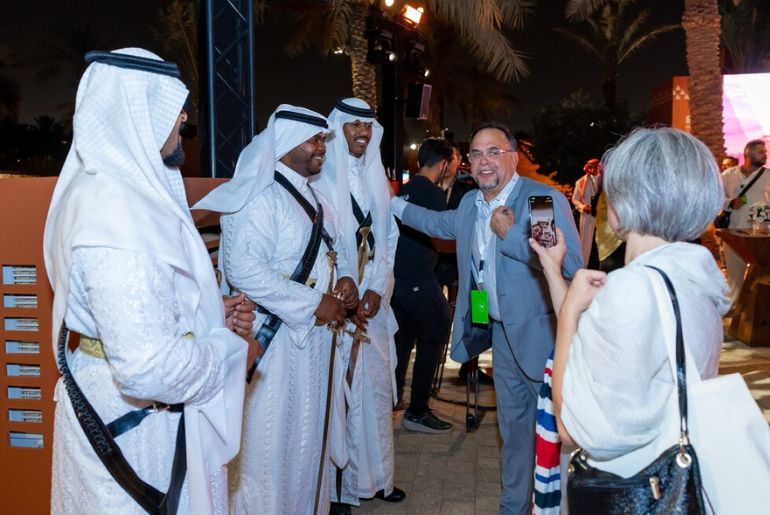
In a remarkable feat of organization and diplomacy, the Kingdom of Saudi Arabia demonstrated its capability to orchestrate major international events. Furthermore, Riyadh, the nation’s capital, played host to the extended 45th session of the UNESCO World Heritage Committee at Mandarin Oriental Al Faisaliah, Riyadh. This event held particular significance as it marked the first in-person session of the World Heritage Committee in four years, lending it historical importance.
The seamless execution of this event reflects the persistent drive behind Saudi Arabia’s Vision 2030. Additionally, this ambitious roadmap charts a course towards economic diversification, aiming to reduce the nation’s reliance on oil revenues. Furthermore, it underscores a commitment to develop vital public service sectors, including health, education, infrastructure, recreation, and tourism.
Some Key Highlights From The UNESCO Event Encompass
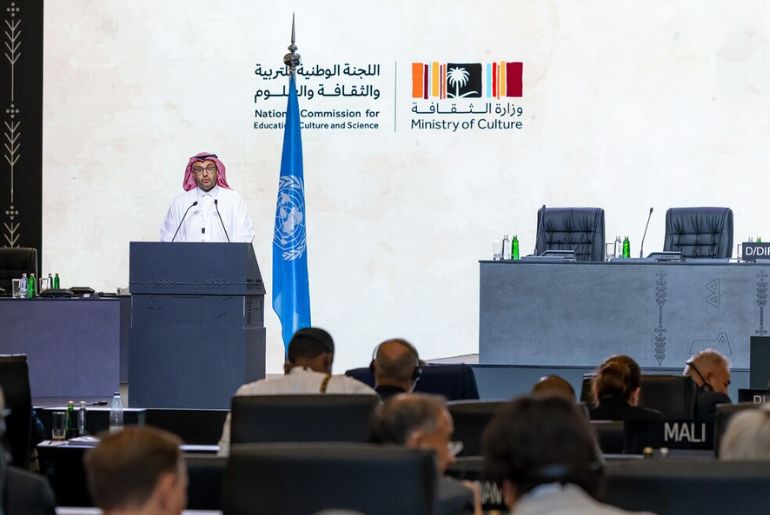
- A main conference venue spanning 4,450 square meters, capable of accommodating 4,000 attendees. It makes it the Kingdom’s most expansive column-free venue.
- Event spaces are equipped with cutting-edge sound and projection systems, simultaneous interpretation booths, and high-speed WiFi for seamless operations.
- Additional facilities comprising three halls and exhibition areas to enhance the event’s scope.
- An impressive lineup of over 37 side events and exhibitions scheduled over the two-week duration.
- More than 60 cultural programs and guided tours tailored to provide guests with distinctive experiences in Saudi heritage, culture, traditions, and ceremonies.
- A comprehensive support network consisting of over 30 points of contact, 30 concierge personnel, 60 transportation coordinators, 25 booths, and 50 hosting teams.
- A fleet of 60 buses offering complimentary shuttle services connecting the venue, recommended hotels, and the airport for attendees’ convenience.
- The allotment of over 3,000 visas for UNESCO officials and guests from 195 member states. It includes instant pre-arrival and on-arrival processing.
- A world-class media centre, registration desk, and program dedicated to catering to the needs of 34 international journalists tasked with covering the event.
- The construction and security of the main plenary hall align with UNESCO’s exact specifications and technical requirements, ensuring a flawless execution of the proceedings.
Also Read: 6 Newly Inscribed Middle Eastern Sites By UNESCO
Global Recognition
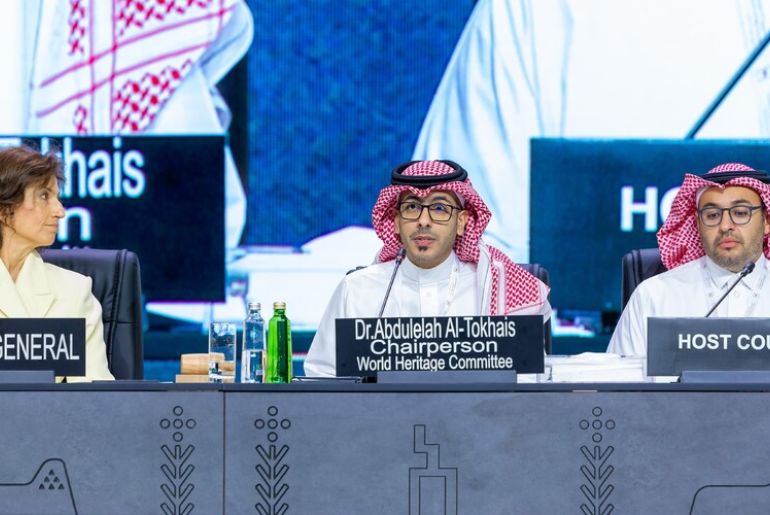
Saudi Arabia’s role as the host is to thrust it into the global limelight as an expert organizer. It also highlighted the nation’s dedication to preserving and promoting world heritage. International delegates in attendance were undeniably captivated by Saudi Arabia’s concerted efforts and preparedness to manage such a significant event.
Also, Saudi Arabia’s triumphant hosting of the 45th session of the UNESCO World Heritage Committee symbolizes a monumental stride. It represents a significant milestone in the nation’s cultural transformation journey.
Cover Image Courtesy: WHC UNESCO
First Published: September 25, 2023 12:20 PM
